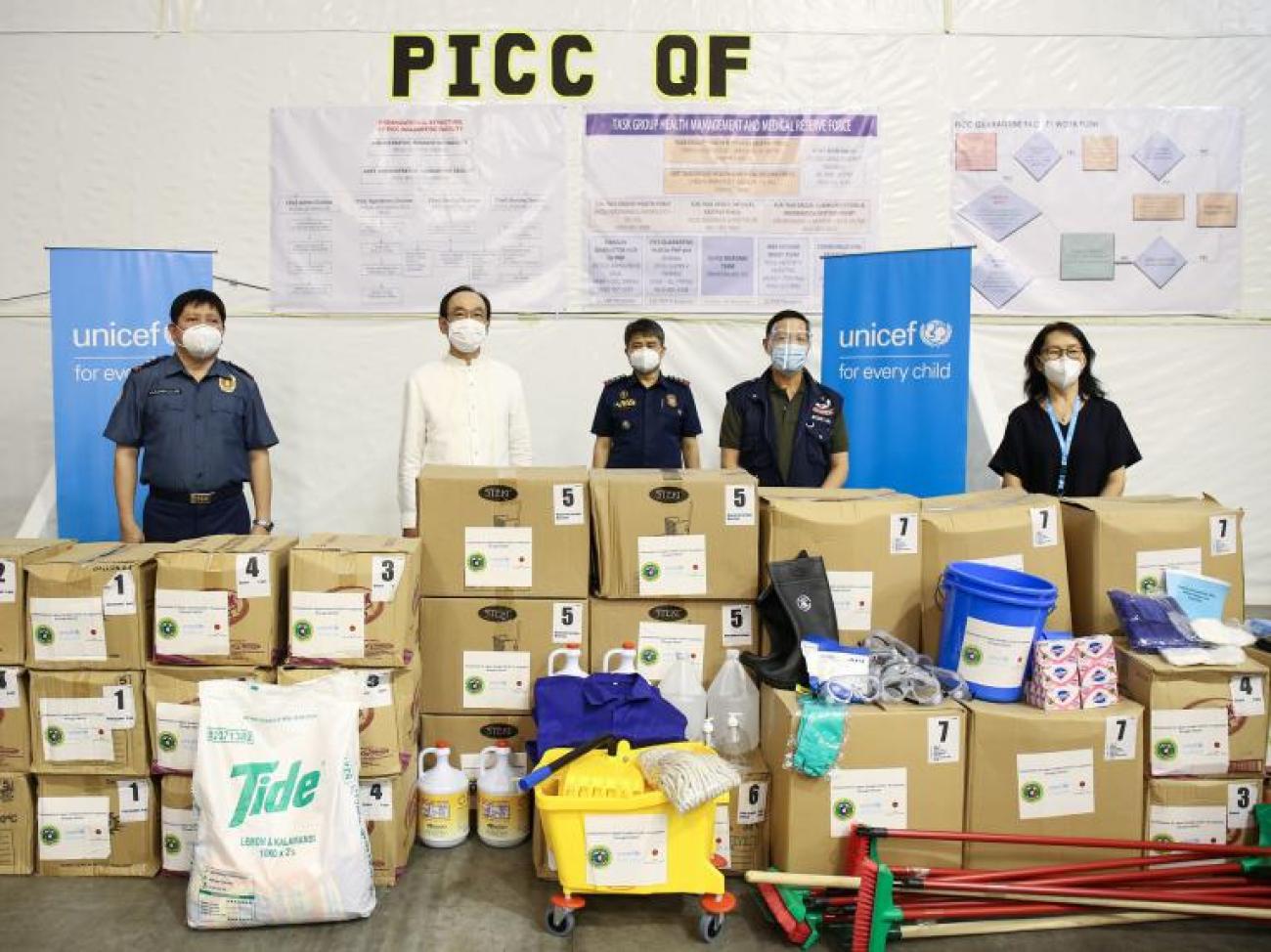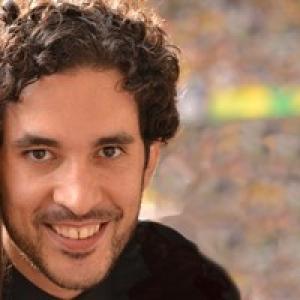The COVID-19 crisis is a child rights crisis. UN children’s agency UNICEF recognized the potential harm that COVID-19 can do to an already dire situation of children in the Philippines. With many threats for children looming, UNICEF looks to its partners, such as the Government and people of Japan, who have provided solid support to children in the Philippines for many decades. This July, both countries celebrate Philippines-Japan Friendship Month.
“As we celebrate Philippines-Japan Friendship Month, UNICEF emphasizes the importance of partnership in our work. Partnerships are essential to bring lifesaving support to children and their families. We cannot do it alone. During the COVID-19 crisis, the Japanese Government and its people have again mobilized much needed resources to protect Filipino children and their families,” UNICEF Representative Oyunsaikhan Dendevnorov says.
COVID-19 and children
The COVID-19 pandemic has affected children’s lives in many ways. They have stopped schooling and receiving health services such as vaccinations has become more difficult. Children don’t get to see their friends, they become worried for the future and are at a greater risk of online exploitation.
Since the start of the COVID-19 response, funding from Japan amounting to about US$ 730,000 has made it possible for UNICEF to assist the Philippine Government in its efforts to curb infections. The delivery of essential supplies, training and information awareness efforts were made possible through GoJ support to complement the Government’s life-saving efforts.
To support and protect frontliners, a number of medical and health items were procured through GoJ funding. Training modules were developed on Infection Prevention and Control (IPC) and Risk Communication and Community Engagement (RCCE), eventually benefiting 16 cities, 1 municipality and counting. Around 50 Philippine Red Cross call centre volunteers were also trained on key messages and counselling skills for mental health and psychosocial support during COVID-19.
Curbing infections
To help prevent the spread of the virus, water, sanitation and hygiene (WASH) activities included installation of temporary drinking water points, temporary water points for hygiene and sanitation, and semi-permanent toilet and handwashing facilities to 20 healthcare facilities. Around 200 cleaning and sanitation kits containing mops, buckets, dippers, alcohol dispensers, cleaning cloths and brushes, as well as bleach, ethyl alcohol and laundry detergent, 2,000 water kits containing jerry cans and water purification tablets, and 2,000 hygiene kits containing soap, toothbrushes, toothpaste, towels and sanitary napkins were distributed.
To help spread awareness on COVID-19, around 300,000 posters and brochures were developed and distributed. Local government units in 16 cities and 1 municipality were given information materials. Social media posts with key health messages were also posted on Facebook and other social media platforms.
These interventions are complementing UNICEF’s COVID-19 overall response in health, nutrition, education, child protection, and water, hygiene & sanitation.
The Embassy of Japan in the Philippines stated that “COVID-19 is continuously taking its toll around the globe. This sinister virus respects no age or borders, and no country can overcome this unprecedented health crisis alone. UNICEF has a long history of collaboration with Japan to support children all over the world, and in particular, the Philippines. We trust and sincerely hope that this long standing partnership will further provide a helping hand to children in dire situations due to COVID-19. Please rest assured that the strong bond between Japan and the Philippines will remain constant in this rapidly changing world.”
A partnership for children
The Government of Japan (GoJ) has been working collaboratively with UNICEF for decades. Among its key initiatives is supporting UNICEF’s peacebuilding work in Mindanao. Children in Mindanao, especially in the Bangsamoro Autonomous Region in Muslim Mindanao (BARMM) have the poorest health, nutrition and education compared to other children in the Philippines.
Support from Japan amounting to over US$ 7 million during 2017-2020 allowed children affected by armed conflict to get access to essential services including education and protection. This Japan-UNICEF partnership ensured support for the 1,869 children disengaged from armed groups, has expanded coverage of early learning to almost 1,000 new centres installed with new handwashing and toilet facilities in over 200 learning centres, and developed a vision for education for all children in BARMM through a new Education Sector Reform and Development Plan.
All 1,869 children under 18 years old who were disengaged from the MILF armed forces in 2017 have received family needs assessments, psychosocial support and referrals to local health, education and protection service providers when needed. To foster participation, these young people also set up their own youth organizations so that their voices will feed into the wider network of children and young people in the Bangsamoro.
The Japanese Government is also quick to respond to emergencies that affect children’s wellbeing. During the Marawi conflict, amid a surge of diarrhea among children, around US$ 800,000 was given by Japan that enabled displaced families to be protected from illness.
UNICEF, the Government of Japan and other partners have committed to the survival, development, protection and participation of Filipino children throughout the years, and will continue to respond to children’s evolving needs amid the COVID-19 pandemic.
To donate to UNICEF’s COVID-19 response, go to https://donate.unicef.ph





